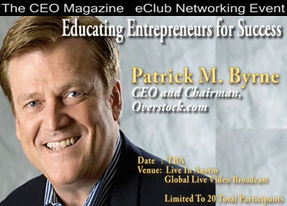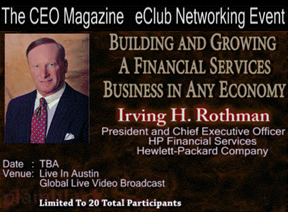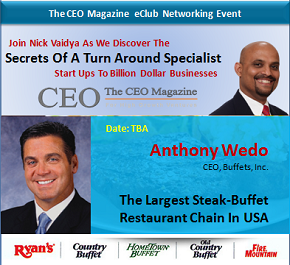You are here
- Linda Henman |
- Leadership |
- Sat, 03/05/2016 - 01:10

If you played sports in school, did the coach play everyone equally? Create an egalitarian form of governance in which each person had a say? Or, did the stars, the one who had the innate athletic ability and drive to put it into action receive a disproportionate amount of playing time and the coach’s attention? If you won many games, I suspect the second scenario. Fairness demands each person receive an equal opportunity to succeed, not equal treatment along the way. If your high potentials show a willingness to work extra hours, take additional training, and pursue advanced degrees, why shouldn’t you reward them? As your athletic coaches understood, so you need to understand. Only by grooming the top 20% of your talent will you ultimately win the war for talent. Certainly, compensate them monetarily, but also reward them with the best and cheapest prize of all—your mentoring.
Even though we realize the value of coaching the stars in sports arenas, in organizations, we tend to resist this reality. We address non-productive behavior and underachievers—ignoring the stellar performance of the few but mighty. When we do this, stars vote with their feet by walking out the doors—right through the door of your competitors. “A” players want to play on winning teams, and they don’t suffer “C” and “D” players too long or too much. “A” players demand your attention, but giving it to them won’t always prove easy.
One of the most challenging issues you’ll face, in fact, will be coaching high potentials. As people near peak performance, tasks become mundane, problems less interesting, and opportunities less fascinating. The adrenaline wanes. Stars start to experience discontent and wonder what happened to the excitement. You may see less enthusiasm and a subtle loss of edge.
Most leaders don’t know how to develop clever people, even if they themselves would be counted as stars. Here are some ideas for changing that:
- Clever people learn quickly, so they bore easily. About the time they master a skill, they itch to move on and start to take the recruiters’ calls.
- You can’t fool them with titles, even though they appreciate ones that mean something. They want ever-changing, challenging work and real authority to make a difference.
- They require other “A” players on their teams. Make your organization a place where the clever choose to work, and your stars will become your best magnets for other top performers.
- Celebrate innovation and experimentation, even when that means the occasional failure. Clever people like to create. You have to give them that chance.
- They know their worth and expect to be compensated fairly. Even though star performers don’t usually count compensation among their reasons for taking or leaving a job, they do have a sense of fair play and want to be rewarded for who and what they are.
- Top performers don’t respond well to autocratic leadership. Nor do they appreciate laissez-fair leadership. They want direction but in the form of democratic guidance, not an absence of direction.
- Try to micromanage a star just a little, and you will lose that person.
- “A” players want access—to you, your top clients, investors, and anyone else who is important to the organization.
- Star performers require praise, but unless you offer it sincerely and specifically, they will dismiss it.
- The best and brightest lead with strategy, not tactics. Often, in fact, they lack strong detail orientation and need others to keep them on track.
I’ve spent my career selecting “A” players during the pre-employment and succession planning processes and then coaching them for promotion. They embody the aptitude, behaviors, and attitude of stars. Sometimes they lack experience, but since they are so clever and learn so quickly, gaining requisite experience seldom stands in their way. With their boss’s support, clever stars will develop loyalty to both the boss and the company—positioning all involved for ongoing success.
Follow The Blog
Blog Categories
- Business Ops. (45)
- Editors (3)
- Entrepreneurship (196)
- Finance (25)
- Leadership (529)
Blog Authors
- Guest Blogger (835)
- Cynthia Kay (92)
- Linda Henman (78)
- Dianna Booher (46)
- Craig Ross (31)













